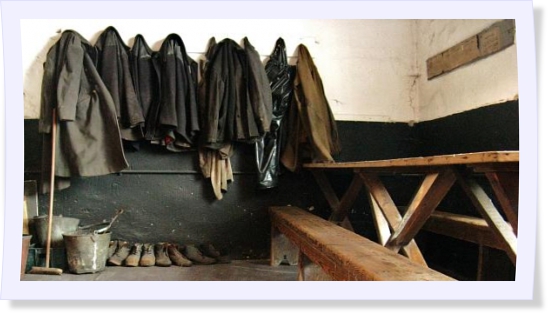‘Minority’ Cultures and Travel, Aberystwyth, 14-16 September 2015
National Library of Wales, Aberystwyth, 14-16 September 2015
In collaboration with Wales Literature Exchange and Ceredigion Museum
Keynote speaker: Professor Michael Cronin (Dublin City University)
Interview: Basque writer Kirmen Uribe in conversation with Ned Thomas
This interdisciplinary conference interrogated the concept of ‘minority’ culture through the prism of travel and travel writing. In this context, the complex and often controversial notion of ‘minority’ might be defined as linguistic, cultural, ethnic or geopolitical. The conference theme emerged from our work on the project and broadened its scope to encompass encounters involving so-called ‘minority’ cultures from across the globe. The topic had particular currency in the light of events unfolding in Scotland and Catalonia at the time, where cultural identities were being renegotiated in relation to the hegemonic hierarchy of power, as well as those in Ukraine where competing minority identities struggled for cultural recognition against a backdrop of oppression and political disenfranchisement.

This conference probed the nature of the relationship between ‘minority’ cultures and travel. Its central concern was the engagement of travellers with the places they visit and their documented responses to experiences in the ‘contact zone’ (Pratt 1992) or ‘translation zone’ (Apter 2006). How do travellers conceptualise and engage with ‘minority’ cultures? How do their works reflect the shifting dynamics of centre-periphery relationships and address the potential invisibility and perceived immobility of ‘minority’ cultures? To what extent do they reinforce or challenge hegemonic/‘minor’ dichotomies, or consider the relationship between ‘minority’ cultures? Equally, how does the cultural identity/status of travellers from ‘minority’ cultures influence their experiences and representations of travel? To what extent can travel and the genre of travel writing be used as vehicles to call for the cultural and political recognition of ‘minority’ cultures and increase their visibility? Is it possible to identify a poetics of travel writing associated with authors from ‘minority’ cultures’? Within such a tradition, to what extent is it necessary to pay attention to other variables that identify the traveller, such as class and gender?
The conference included papers from diverse theoretical frameworks, cultural contexts and historical periods, focussing on a variety of textual sources and visual artefacts including travelogues, letters, correspondences, diaries, literary works, fine art and documentaries.
Topics included:
- Travellers from ‘minority’ cultures
- Travel in ‘minority’ cultures and non-state nations
- Invisibility, hegemony and globalisation
- Periphery - periphery relations
- Travels and lesser-used languages
- Travel writing and translation
- Mobility studies